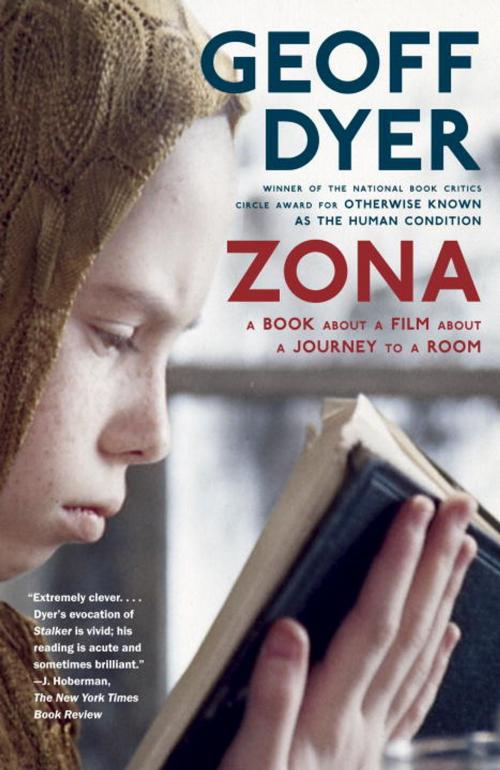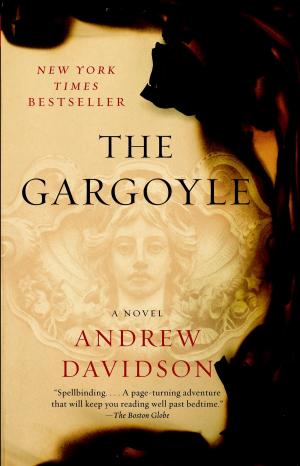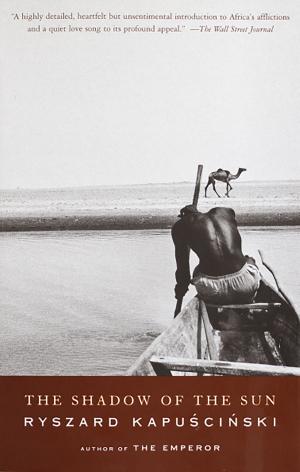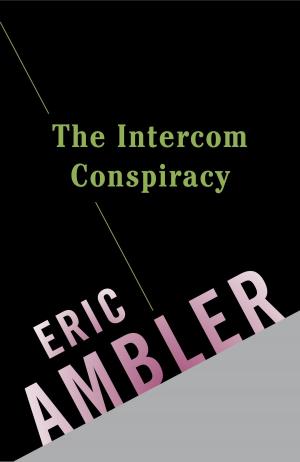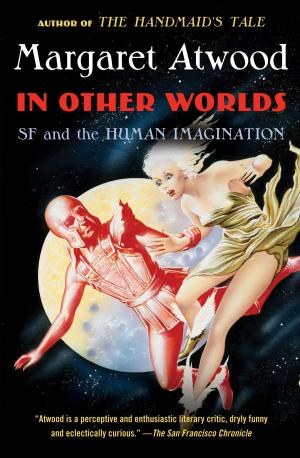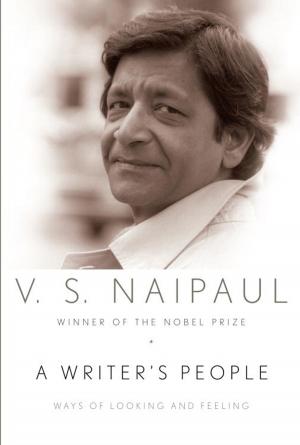Zona
A Book About a Film About a Journey to a Room
Nonfiction, Entertainment, Performing Arts, Film, Biography & Memoir| Author: | Geoff Dyer | ISBN: | 9780307907011 |
| Publisher: | Knopf Doubleday Publishing Group | Publication: | February 21, 2012 |
| Imprint: | Vintage | Language: | English |
| Author: | Geoff Dyer |
| ISBN: | 9780307907011 |
| Publisher: | Knopf Doubleday Publishing Group |
| Publication: | February 21, 2012 |
| Imprint: | Vintage |
| Language: | English |
From a writer whose mastery encompasses fiction, criticism, and the fertile realm between the two, comes a new book that confirms his reputation for the unexpected.
In Zona, Geoff Dyer attempts to unlock the mysteries of a film that has haunted him ever since he first saw it thirty years ago: Andrei Tarkovsky’s Stalker, widely regarded as one of the greatest films of all time. (“Every single frame,” declared Cate Blanchett, “is burned into my retina.”) As Dyer guides us into the zone of Tarkovsky’s imagination, we realize that the film is only the entry point for a radically original investigation of the enduring questions of life, faith, and how to live.
In a narrative that gives free rein to the brilliance of Dyer’s distinctive voice—acute observation, melancholy, comedy, lyricism, and occasional ill-temper—Zona takes us on a wonderfully unpredictable journey in which we try to fathom, and realize, our deepest wishes.
Zona is one of the most unusual books ever written about film, and about how art—whether a film by a Russian director or a book by one of our most gifted contemporary writers—can shape the way we see the world and how we make our way through it.
From a writer whose mastery encompasses fiction, criticism, and the fertile realm between the two, comes a new book that confirms his reputation for the unexpected.
In Zona, Geoff Dyer attempts to unlock the mysteries of a film that has haunted him ever since he first saw it thirty years ago: Andrei Tarkovsky’s Stalker, widely regarded as one of the greatest films of all time. (“Every single frame,” declared Cate Blanchett, “is burned into my retina.”) As Dyer guides us into the zone of Tarkovsky’s imagination, we realize that the film is only the entry point for a radically original investigation of the enduring questions of life, faith, and how to live.
In a narrative that gives free rein to the brilliance of Dyer’s distinctive voice—acute observation, melancholy, comedy, lyricism, and occasional ill-temper—Zona takes us on a wonderfully unpredictable journey in which we try to fathom, and realize, our deepest wishes.
Zona is one of the most unusual books ever written about film, and about how art—whether a film by a Russian director or a book by one of our most gifted contemporary writers—can shape the way we see the world and how we make our way through it.
